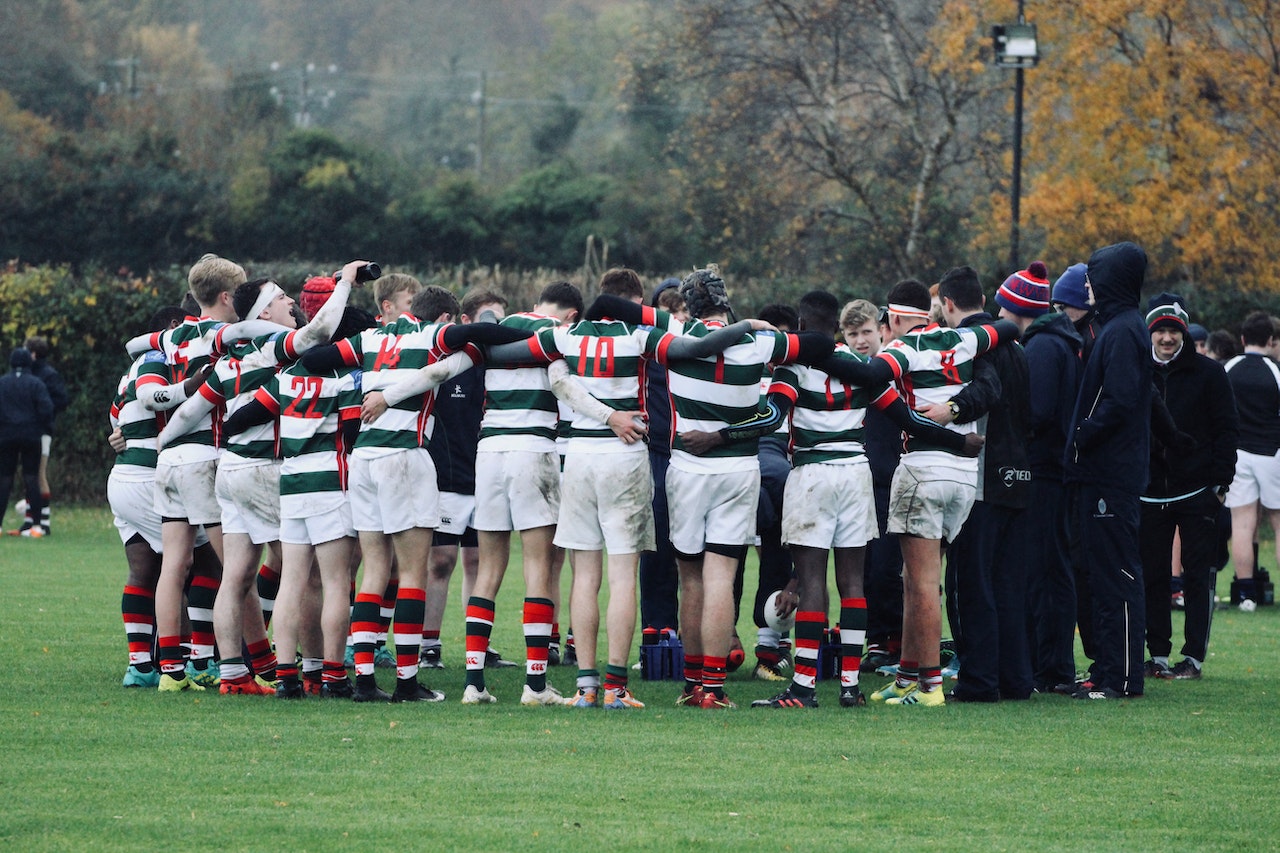Contact Sports and Brain Health
By D.Y.A.N.A Editorial Team
Head trauma received while playing contact sports can have significant and long-lasting effects on one’s mental well-being. The impact can vary depending on the severity of the trauma and the number of times the individual has been exposed to head injuries. Below are some of the potential effects that head trauma can have on an individual’s mental health across various contact sports:
American Football:

Football is a contact sport where players regularly collide with each other, leading to potential head injuries. Players with repeated head injuries are at risk of developing chronic traumatic encephalopathy (CTE), a neurodegenerative disease that can cause memory loss, mood disorders, and cognitive impairment. Research suggests that CTE is prevalent among former NFL players, and it can have a significant impact on their mental health.
Ice Hockey:

Ice hockey is another contact sport where players are at risk of head injuries, particularly from collisions with the boards, ice, or other players. Concussions are the most common form of head injury in hockey, and repeated concussions can lead to long-term mental health problems, including depression, anxiety, and memory loss.
Rugby:

Rugby is a sport where players tackle and collide with each other, increasing the risk of head injuries. Studies show that rugby players are at higher risk of developing dementia and other cognitive disorders later in life, particularly if they have a history of concussions.
Boxing:

Boxing is a sport where participants intentionally hit each other in the head, and as a result, boxers are at high risk of head injuries. Repeated head injuries in boxing can lead to chronic traumatic encephalopathy (CTE), which can cause severe mental health problems such as depression, anxiety, and suicidal thoughts.
Mixed Martial Arts (MMA):

MMA is a combat sport where participants fight each other using various martial arts techniques. MMA fighters are at high risk of head injuries, particularly from punches, kicks, and other forms of strikes. Repeated head injuries in MMA can lead to memory loss, mood disorders, and cognitive impairment.
Soccer:

Although soccer is not a contact sport, players are still at risk of head injuries from collisions with other players, the ball, or the ground. Studies show that soccer players are at increased risk of depression and anxiety, particularly if they have a history of concussions.
In conclusion, head trauma from contact sports can have severe and long-lasting effects on one’s mental well-being, including depression, anxiety, memory loss, and cognitive impairment. It is essential to take head injuries seriously and take steps to prevent them from occurring, such as wearing appropriate protective gear and following safe play practices. Additionally, it is crucial to provide support and care for athletes who have suffered head injuries to promote their mental and physical recovery.

